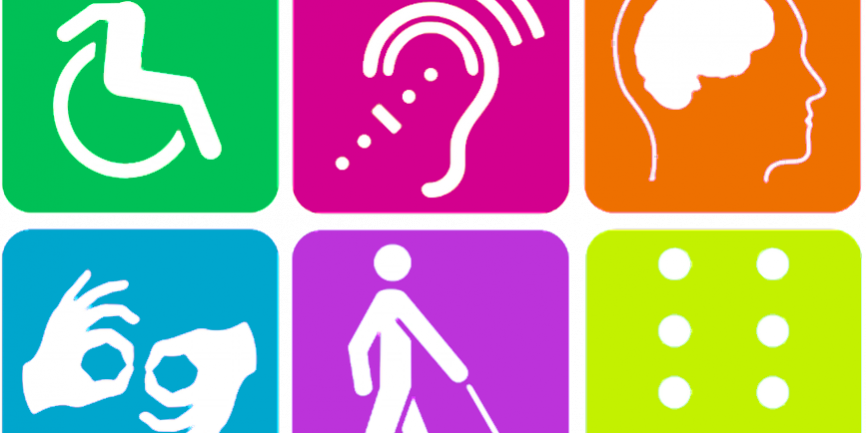We have received quite a bit of feedback on this issue. People are being told that they are “on the NDIS for x, but not for y”. “They say I am only eligible for psycho-social and not physical disability.” “I was told I need to provide evidence of my other conditions so they can be added to my access”.
These statements do not reflect the NDIS Act, which the NDIA must operate under.
When determining the reasonable and necessary supports for a participant, the NDIA Operational Guidelines state they will not fund a support that is not related to the person’s disability.
But what is the person’s disability? The word “disability” is not defined in the NDIS Act.
It has however been defined by a Federal Court Case which said that disability is “a descriptive concept for the overall effect of a person’s impairments on that person’s abilities to participate in all aspects of personal and community life.”
The person must be seen as a whole person, and their supports determined based on the overall effect of their impairments. Planners are required to take a “whole of person” approach when considering supports that are reasonable and necessary.
If your planner tells you otherwise, they are wrong.
If your OT writes a report that only makes recommendations about some conditions, and not others, they have not done what they were asked to do.
If you can’t resolve this issue on your own, it may be time to seek assistance from an advocate.
Interested in this topic? You might also like to check out this statement by NVWC: https://villamanta.org.au/news/statement-regarding-nvwc-and-national-disability-insurance-agency/




